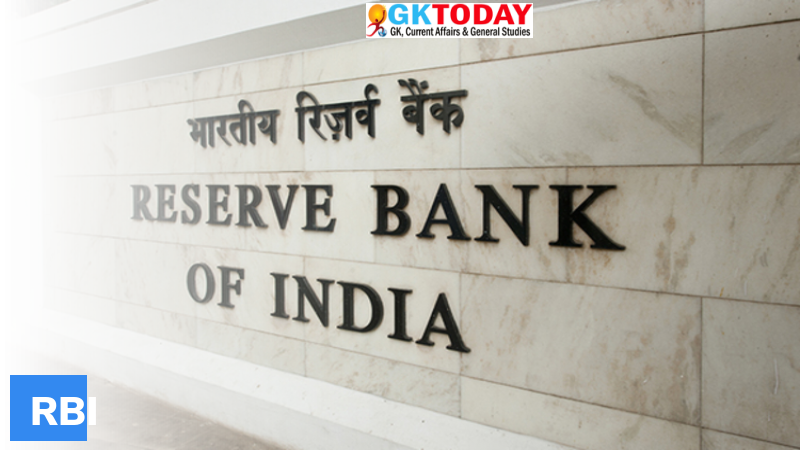RBI asks banks to stop Libor soon
Reserve Bank of India (RBI) issued an advisory to banks and other financial institutions to be prepared for year-end transition from London Interbank Offered Rate (Libor).
Transition from Libor
Global transition from Libor became necessary because banks were manipulating rate in 2007-08. Following the incident, investigation was led by Financial Services Authority (FSA) of Britain.
Highlights
- India’s exposure to borrowings linked to benchmark is estimated to be around $331 billion.
- RBI asked banks and other financial institutions to incorporate robust fallback clauses before cessation date, in all financial contracts where maturity is after announced cessation date of benchmark.
- It asked banks to ensure that new contracts entered into before December 31 but mature after cessation date include fallback clauses.
- Banks are also encouraged to cease using Mumbai Interbank Forward Outright Rate (Mifor).
Background
In August 2020, RBI issued a ‘Dear CEO’ letter to all commercial banks sensitizing them regarding the need to be prepared for Libor cessation.
London Interbank Offered Rate (LIBOR)
LIBOR is an interest-rate average which is calculated on the basis of estimates submitted by leading banks in London. LIBOR was earlier called as BBA Libor (British Bankers’ Association Libor or trademark BBA LIBOR). Responsibility for administration of LIBOR is with Intercontinental Exchange. It is primary benchmark for short-term interest rates across the world. Libor will be phased out by end of 2021. So, market participants are being encouraged to transition towards other risk-free rates.
How Libor rates are calculated?
Libor rates over tenors are calculated as averages of rates polled by major banks. This rate is then used to price debt instruments and derivatives such as currency swaps and interest rate swaps.
Month: Current Affairs - July, 2021
1 Comment
Leave a Reply
You must be logged in to post a comment.



Spandu
July 10, 2021 at 3:34 pmSir
Please , put in kannada current events